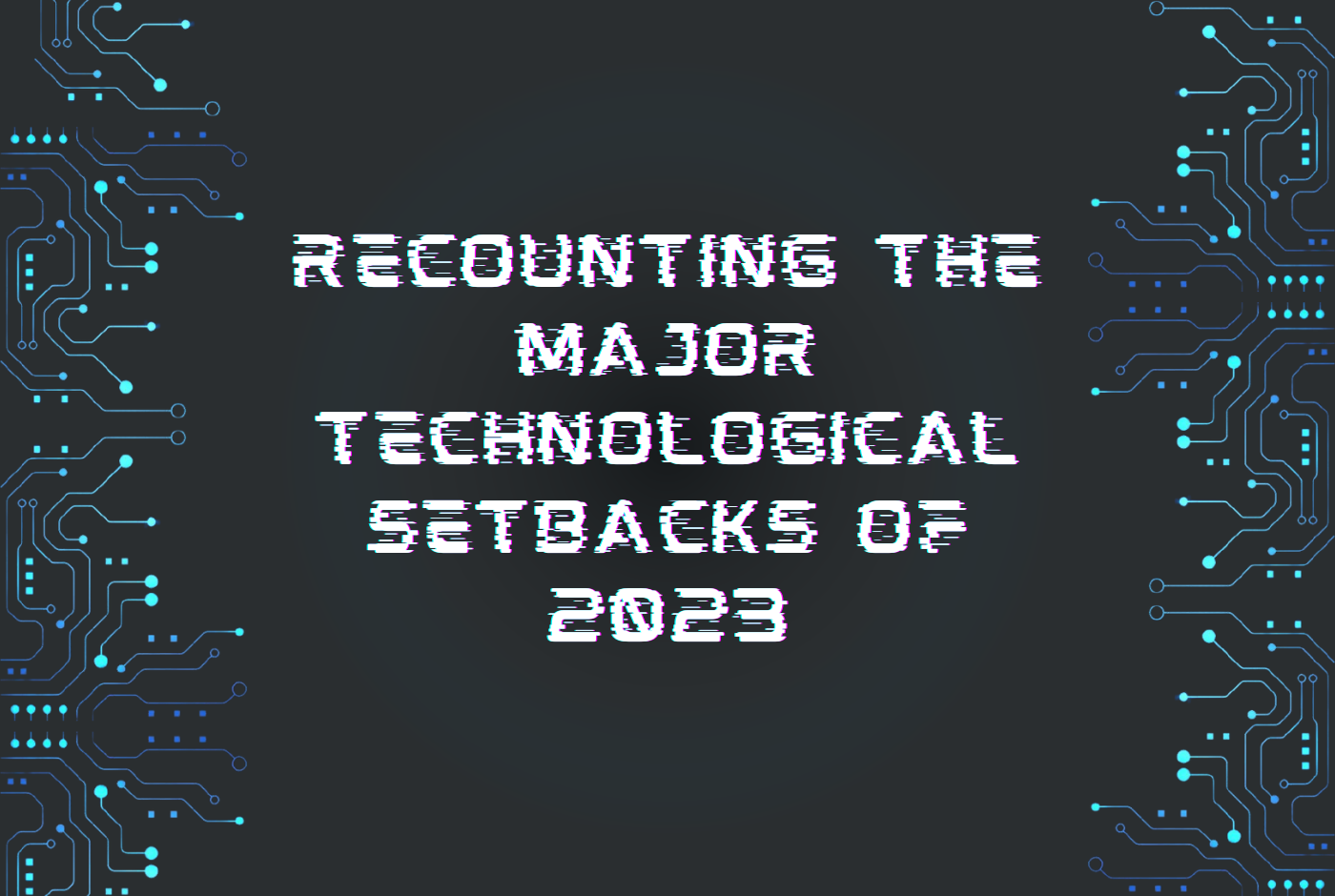Advances in Error Correction and Noise Reduction Error correction remains a key challenge in quantum computing but recent developments show promising progress. Companies like Google Quantum AI and Quantinuum have demonstrated that qubits can be assembled into error-correcting ensembles that outperform individual qubits. IBM is exploring innovative ways to mitigate noise, similar to noise-canceling technologies, to build more fault-tolerant quantum systems. These advancements are critical steps towards creating reliable and scalable quantum computers.
Software Development in Quantum Computing
The progress in quantum hardware is paralleled by significant strides in software
development.
Quantum computing currently relies on a circuit-based approach, which poses limitations for
algorithm designers. Companies like Horizon Quantum Computing and Algorithmic are innovating in
this space, developing programming tools that allow for more flexible computation routines.
These tools are essential for the long-term functionality of quantum computing, particularly in
hybrid systems that combine quantum and classical computing elements.
Global Competition and Policy Changes
Quantum computing is also witnessing a surge in global competition. For instance, Baidu
has
recently made strides in applying quantum computing to fields such as materials design and
pharmaceutical development. With the growing importance of quantum technologies, governments are
hinting at implementing trade restrictions surrounding these technologies. Such policy changes
could significantly impact the quantum computing industry, which is still in its nascent stages.





